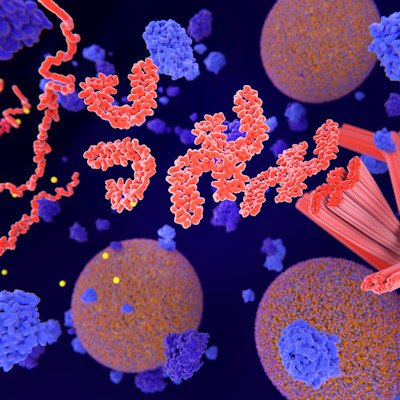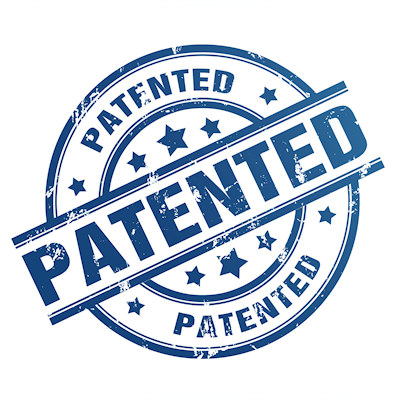June 8, 2021 -- The U.S. Food and Drug Administration (FDA) has approved Biogen's aducanumab (Aduhelm) treatment for individuals with Alzheimer's disease. The FDA used an accelerated regulatory pathway for the approval.
The FDA's accelerated approval pathway is "used for a drug for a serious or life-threatening illness that provides a meaningful therapeutic advantage over existing treatments."
"As we have learned from the fight against cancer, the accelerated approval pathway can bring therapies to patients faster while spurring more research and innovation," said Dr. Patrizia Cavazzoni, director of the FDA's Center for Drug Evaluation and Research, in a statement.
Alzheimer's is an irreversible, progressive brain disorder characterized by changes in the brain, including amyloid plaques and neurofibrillary, or tau, tangles, that result in loss of neurons and their connections.
Aduhelm is the first new treatment approved for Alzheimer's disease since 2003. The amyloid beta-directed monoclonal antibody can cross the blood-brain barrier to clear beta amyloid efficiently.
Patients receiving the treatment had statistically significant dose-and time-dependent reduction of amyloid beta plaque, while patients in the control arm of the studies had no reduction of amyloid beta plaque. The accelerated approval was based on the surrogate end point of reduction of amyloid beta plaque in the brain, quantified by positron emission tomography (PET) imaging.
Under the accelerated approval provisions, which provide patients suffering from the disease earlier access to the treatment, the FDA is requiring Biogen, the manufacturer, to conduct a new randomized controlled trial to verify the drug's clinical benefit. If the trial fails to verify clinical benefit, the FDA may initiate proceedings to withdraw approval of the drug.
Copyright © 2021 scienceboard.net








